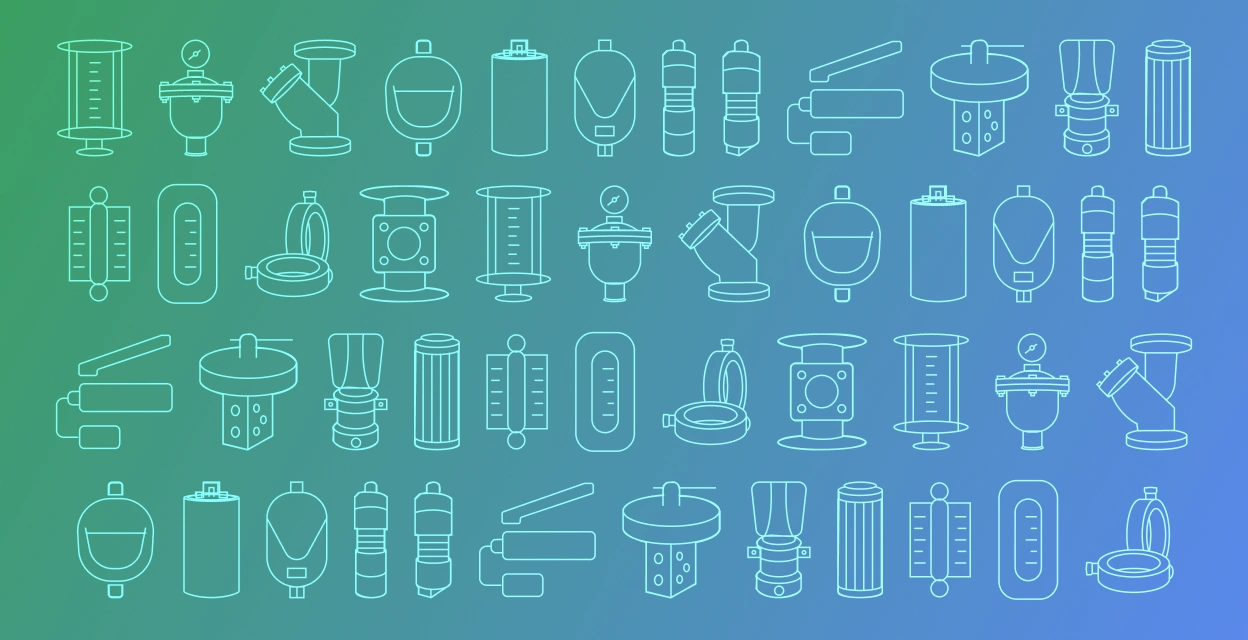Introduction: Engineering is the Backbone of Performance
Oil and gas operations are intricate, capital-heavy, and operate under razor-thin margins for error. From the initial feasibility stage to final commissioning, each phase must be engineered for safety, efficiency, and long-term reliability.
Whether it’s upstream exploration, midstream transport, or downstream refining, engineering services lay the foundation for success. And as the industry moves toward automation, sustainability, and digitalization, the role of engineering becomes more critical than ever.
This blog breaks down how comprehensive engineering services help oil & gas companies achieve operational excellence across lifecycle stages, geographies, and systems.
What are comprehensive engineering services in oil & gas? 🛠️
These include feasibility studies, front-end engineering design (FEED), detail engineering, procurement support, installation, and commissioning — ensuring project success from concept to completion.
1. Feasibility Studies & Conceptual Engineering
The journey to operational excellence begins with asking the right questions and answering them with data.
Key services include:
- Technical feasibility and risk analysis
- Cost estimation and ROI projections
- Preliminary layouts and flow simulations
- Environmental and regulatory considerations
These insights help determine project viability and reduce downstream risks.
Expert Insight:
“The real cost savings happen before construction even starts. Good conceptual engineering eliminates most of the downstream guesswork.”
— Process Plant Journal, Conceptual Design Feature - 2023
Industry Stat:
According to McKinsey & Company (2022), oil & gas projects that undergo thorough feasibility and early-phase engineering see 30–40% fewer change orders during execution.
2. Front-End Engineering Design (FEED)
FEED bridges the gap between a concept and execution. It lays the blueprint for procurement, construction, and operational workflows.
What it involves:
- P&ID development
- Equipment sizing and system configuration
- Material selection and layout planning
- Safety system planning (HAZOP, SIL, etc.)
Strong FEED ensures budget adherence, fewer change orders, and smooth project transitions.
Expert Insight:
“FEED isn’t a technical luxury. It’s a project’s risk-control engine.”
— Engineering Today, Oil & Gas Special Issue - 2023
Industry Stat:
According to EY Global Oil & Gas Survey (2023), over 70% of project overruns in the energy sector are linked to weak or incomplete front-end design.
3. Detailed Engineering & System Integration
At this stage, every nut, bolt, and weld is planned and aligned with real-world conditions.
Scope of work includes:
- 3D modeling and structural calculations
- Cable routing, loop diagrams, and panel drawings
- Hydraulic/pneumatic schematics
- Integration with mechanical, electrical, and instrumentation systems
Detailed engineering ensures that what’s on paper works flawlessly in the field.
Procurement Engineering & Vendor Coordination
Choosing the right vendors, materials, and components is vital for project success.
Responsibilities include:
- Preparing technical requisitions and bid evaluations
- Vendor document review and technical clarifications
- Inspection coordination and compliance checks
- Timely procurement aligned with project schedules
This ensures that every item delivered is fit-for-purpose and field-ready.
Installation, Commissioning & Site Support
Engineering doesn’t end with design; it’s tested on the ground during commissioning.
What happens here:
- Supervision of erection and installation
- Functional testing of mechanical and control systems
- Calibration, loop checks, and interlock validation
- Operator training and documentation handover
Comprehensive commissioning support ensures a safe, timely, and optimized plant startup.
FAQs
What is full-scope engineering in oil & gas?
It includes everything from feasibility studies, design, and integration to procurement, site support, and commissioning.
Why is FEED important in oil & gas projects?
FEED defines technical scope, reduces risk, and controls budget — ensuring smoother project execution.
Can one company handle, from concept to commissioning?
Yes. Engineering solution providers like Petronash offer end-to-end oil & gas engineering services under one roof.
From concept to commissioning, oil & gas projects require precision-driven engineering across every lifecycle stage.
Petronash Engineering Services delivers full-scope oil & gas engineering solutions, helping global clients reduce risk, ensure compliance, and optimize performance.
Why is Petronash a trusted partner?
- Proven expertise across upstream, midstream, and downstream
- ISO-certified systems and global engineering standards
- Cross-disciplinary team of mechanical, electrical & instrumentation experts
- Track record of successful global deployments across harsh environments
Email: [email protected]
Website: www.petronashengineering.com
Conclusion
Comprehensive engineering services are the foundation of operational excellence in the oil & gas industry. When executed right, they streamline timelines, reduce lifecycle costs, and ensure safe, efficient operations from day one.
Petronash stands as a reliable engineering partner, offering unmatched technical depth, domain expertise, and end-to-end project ownership.
If you're seeking a single partner to manage everything from concept to commissioning, trust Petronash to deliver results you can measure and reliability you can count on.
 Back To Blogs
Back To Blogs